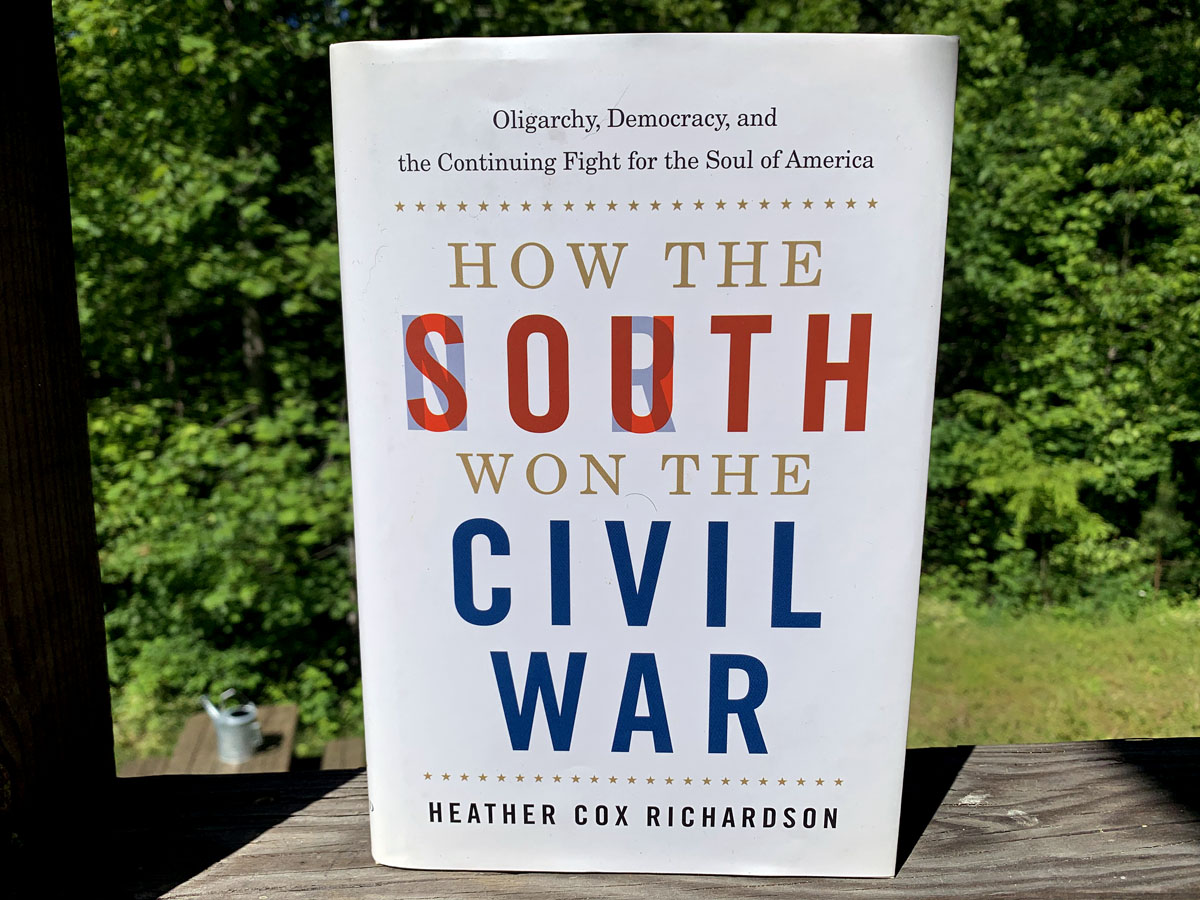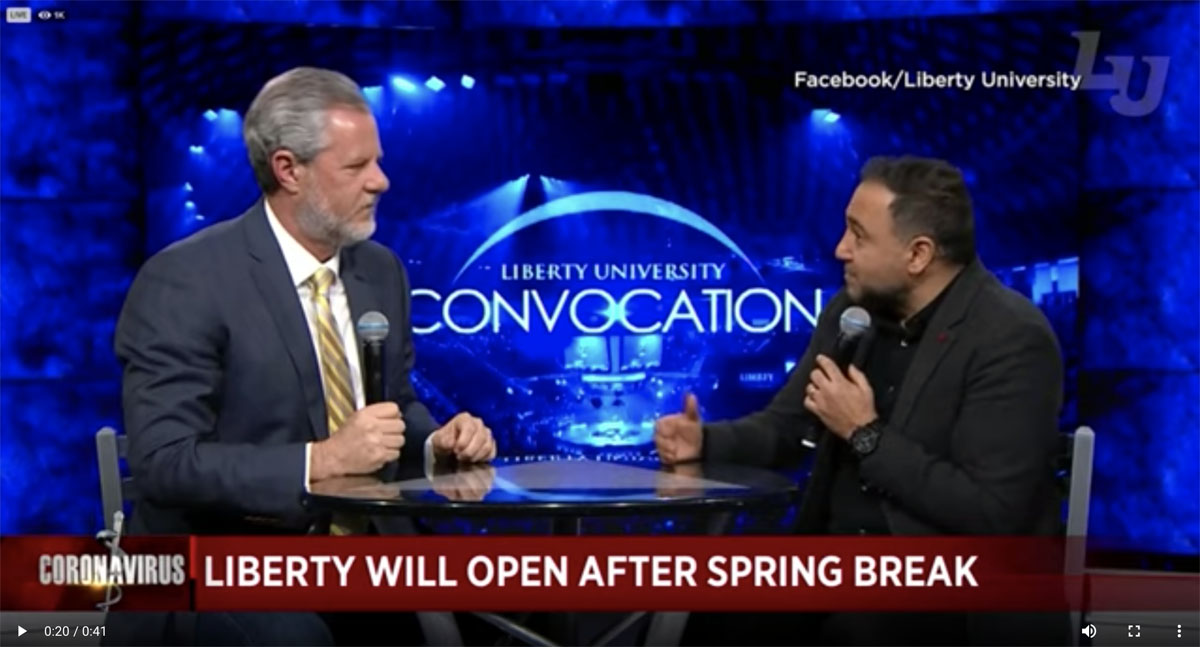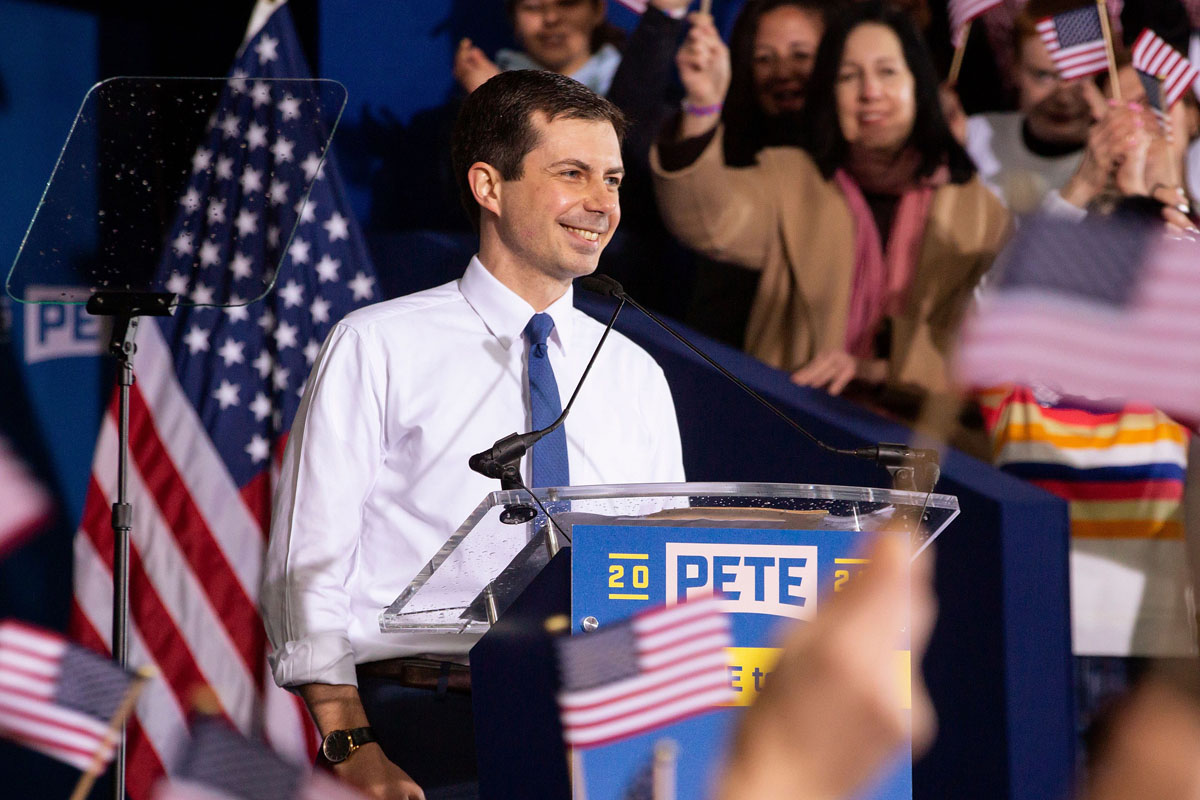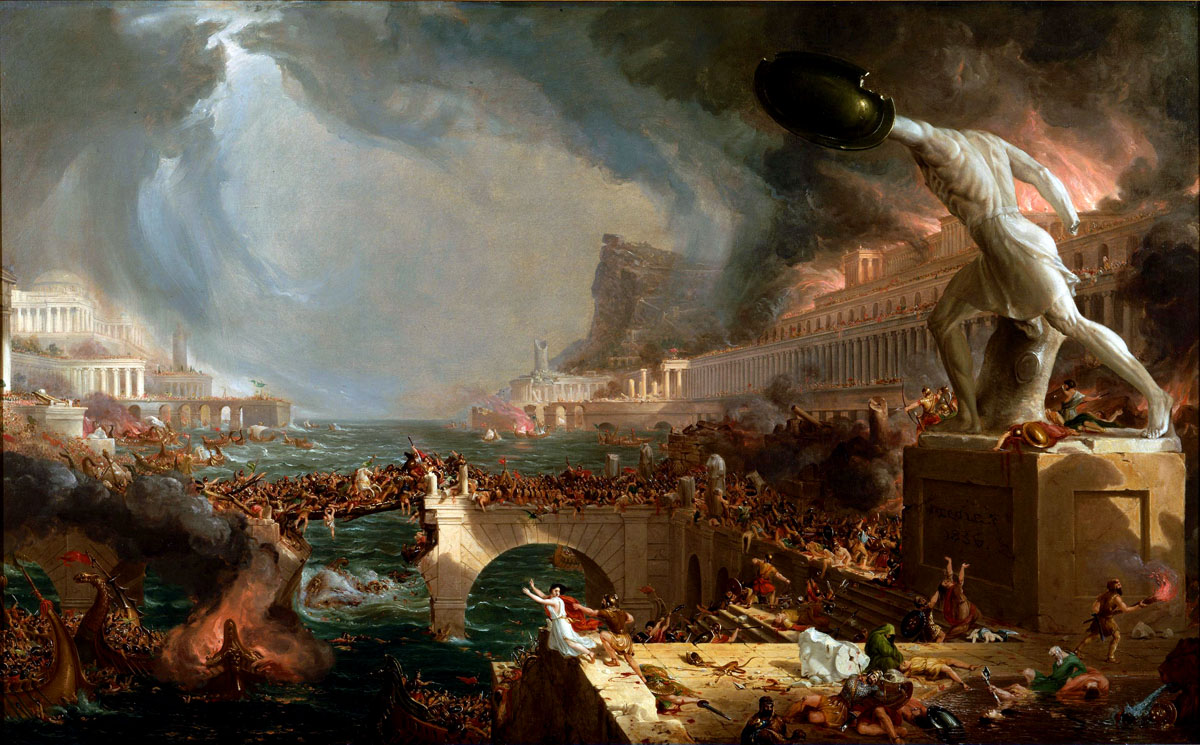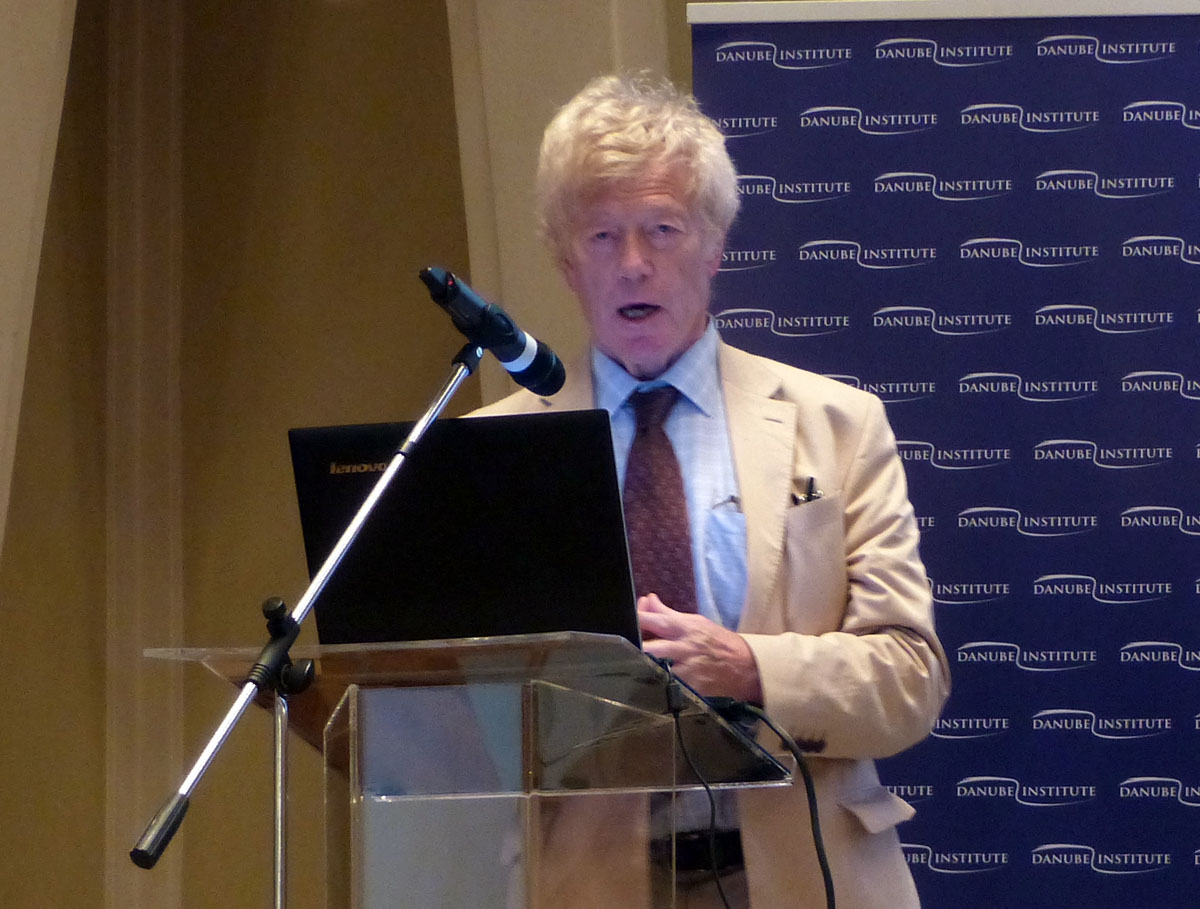
In the Shadow of Justice: Postwar Liberalism and the Remaking of Political Philosophy. Katrina Forrester, Princeton University Press, 2019. 402 pages. ★★★★
A long time ago in a galaxy far, far away, liberal ideas ruled. There had been a terrible Depression, followed by a terrible world war. Seventy-five million people died. Great cities and vast armies were completely destroyed. When the war ended, many lessons had been learned. The world was still a scary place, though. Fascist forces had been soundly beaten in the war, but they plotted a comeback. There were still many people living who had once been slaves and for whom equality and justice remained only a dream. But as the world began to rebuild itself from the war and as many began to prosper, a new hope took root and spread. A consensus grew that, with the right ideas, the right institutions, and the right politics, the world could become a much better place, with liberty and justice for all.
These ideas were closely connected with three great universities, which were called Oxford, Harvard, and Princeton. One man in particular, a man who had survived the war, returned to his studies after the war at the place called Princeton. His name was John Rawls, and he was beginning his life’s work of codifying these new ideas into a new philosophy and a new politics. He modestly called this new philosophy and politics A Theory of Justice, or justice as fairness.
In that galaxy at that time, great thinkers and great scholars were greatly admired rather than ridiculed. Another great thinker, somewhat older than John Rawls, also was at the place called Princeton. His name was Albert Einstein.
Albert Einstein’s theory, called relativity, had revolutionized physics, rendering largely obsolete the science that had preceded it, called Newtonian. John Rawls was now codifying a similar revolution in moral and political philosophy, renderingly largely obsolete the philosophy that had preceded it, which was called utilitarian. The highest value of this utilitarian philosophy was deemed to be the greatest good for the greatest number. But that philosophy had led to much suffering, because it found it acceptable that many might suffer, if more are better off. That cannot be, said John Rawls. Not even one person is to be treated unfairly to benefit anyone else, he said. No one, he said, is to have more than anyone else unless such inequality benefits even the least fortunate. All are owed what they need for self-respect. All are owed what they need for a fair chance at the life they want.
Few could understand Einstein’s theory. That theory was, as physics tends to be, very complicated. But, of those who did understand it, many said that Albert Einstein could not be right. Time after time, they tried to prove his theory wrong. But no one succeeded. Instead of disproving Einstein’s theory, others built on it. In that galaxy, Einstein’s theory stands to this very day. After more than twenty years of work, John Rawls published his complete theory. That theory was, as philosophy tends to be, very complicated. Few could understand it. Of those who did, many said that John Rawls could not be right. Time after time, they tried to prove his theory wrong. But no one succeeded. Instead of disproving Rawls’ theory, others built on it. In that galaxy, John Rawls’ theory stands to this very day.
Seventeen years after Rawls’ death, a brilliant scholar named Katrina Forrester, from the place called Harvard, wrote a book examining in great detail how John Rawls developed his theory of justice and how, for fifty years, others critiqued and extended that theory. Katrina Forrester imagines a time when John Rawls’ theory might be replaced. But that has not yet happened.
◼︎◼︎◼︎
As Rawls’ theory grew in scope and beauty, the world once again turned ugly. A new war broke out, this one in the jungles of a poor continent. Many from the rich countries refused to fight, and some were shot for their resistance. Laws had been changed to give full equality to the descendants of slaves. But many people hated the idea of equality. So great was the resistance to equality that fascists, recently so decisively defeated and at such great cost, began to claw their way back to power. At first, they moderated their goals and disguised their intentions. But steadily they began to take back power for the enemies of equality who were amassing great riches. The enemies of equality did everything that was politically possible to avoid the expenses of helping the least fortunate. A world of inequality was exactly what they wanted. The theories they wanted were the theories that justified that inequality. The first great leaders of these enemies of equality were called Margaret Thatcher and Ronald Reagan.
Margaret Thatcher and Ronald Reagan had their own theories and principles, among them privatization, supply side economics, and deregulation. These theories were closely aligned with other theories, such as libertarianism, which held cruel theories of fairness very different from Rawls’. Even before the world war that had preceded Rawls, fascists had refined the art of propaganda, so that the powerful could disinform the people and direct the people’s resentment toward scapegoats, blinding the people such that the people looked up to and lionized the very people who were exploiting them. Margaret Thatcher and Ronald Reagan further refined this art of propaganda. In despair at the world’s reversal, many good people looked for refuge in simple theories that withdrew from engagement with the larger world, such as identity theories or communitarian theories. So overwhelming was the structure started by Margaret Thatcher and Ronald Reagan that many were persuaded. Some even tried to accommodate the Thatcher-Reagan theories in Rawls’ theory of justice. Even the political opponents of Thatcher and Reagan capitulated, calling it the Third Way. Though they had compromised many of their principles, these people still considered themselves to be liberal egalitarians.
By the time the liberal egalitarians awoke to their misjudgment, great damage had been done. Even by the time John Rawls died (the year was 2002, in that part of that galaxy), the condition of the world looked increasingly hopeless, though there was worse to come. A new leader arose. His name was Donald Trump. Not since the years before the world war had people like him held so much power or deceived so many. The gains that had been made for fairness and equality were reversed.
◼︎◼︎◼︎
The story from that galaxy is an old one. Why do people do so poorly when they know how to do much better? Perhaps no theory exists adequate to explain it. Part of the problem, surely, is that physics and philosophy are hard. Most people must get by with easier understandings. Even books such as Katrina Forrester’s, magisterial in their command of political history and the history of ideas, do little to make those ideas more accessible or to counteract the propagandas of the wicked. The places called Oxford, Harvard, and Princeton might as well be in a different galaxy.
◼︎◼︎◼︎
A NOTE FROM DAVID: This is one of the most difficult books I’ve ever read. It took me weeks to get through it, though I have read Rawls and other books about Rawls. I am not a scholar or a philosopher. To do a straight review of this book would be beyond me. But part of why I found this book fascinating and rewarding is that the years it covers — roughly 1946 to the present — are the years in which I have lived. The events and crises that shaped and reshaped Rawls’ theory of justice are the same events and crises that shaped my political awareness — the Vietnam war, the Civil Rights era, civil disobedience, the energy crisis, overpopulation, Woodstock and the hippy era, the Reagan-Thatcher era, the Third Way, gross inequality, ecological catastrophe, and now Trump and Trumpism. One of the things I learned from this book is that, during all these events and crises, I am proud to say that I have been solidly a liberal, though I did not come to know Rawls’ work until much later. This liberalism came from my own conscience, a few good mentors, and a few good friends. For a very good straight review of this book, I recommend Jedediah Purdy’s review in The New Republic: What John Rawls Missed: Are his principles for a just society enough today?
